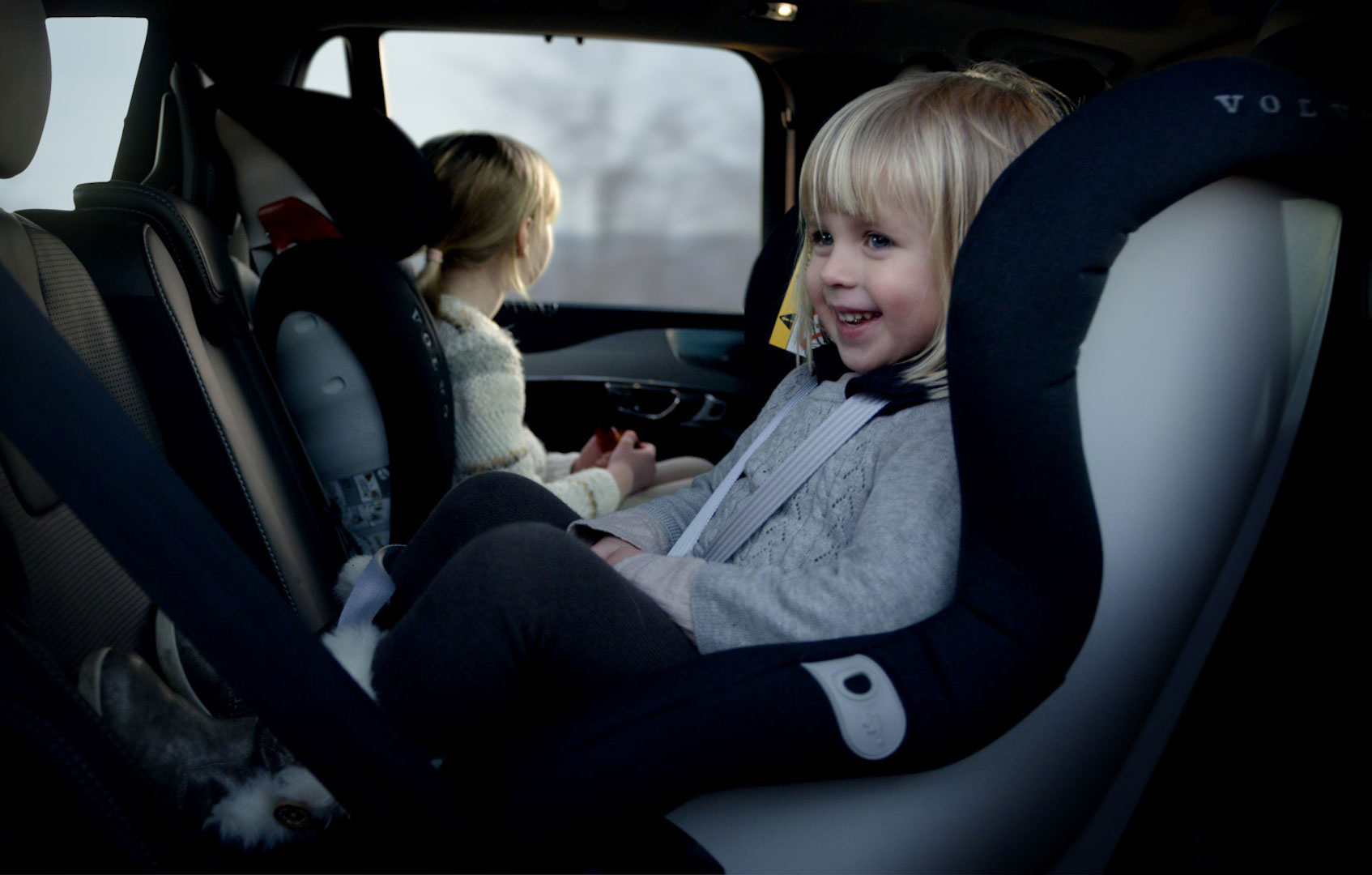
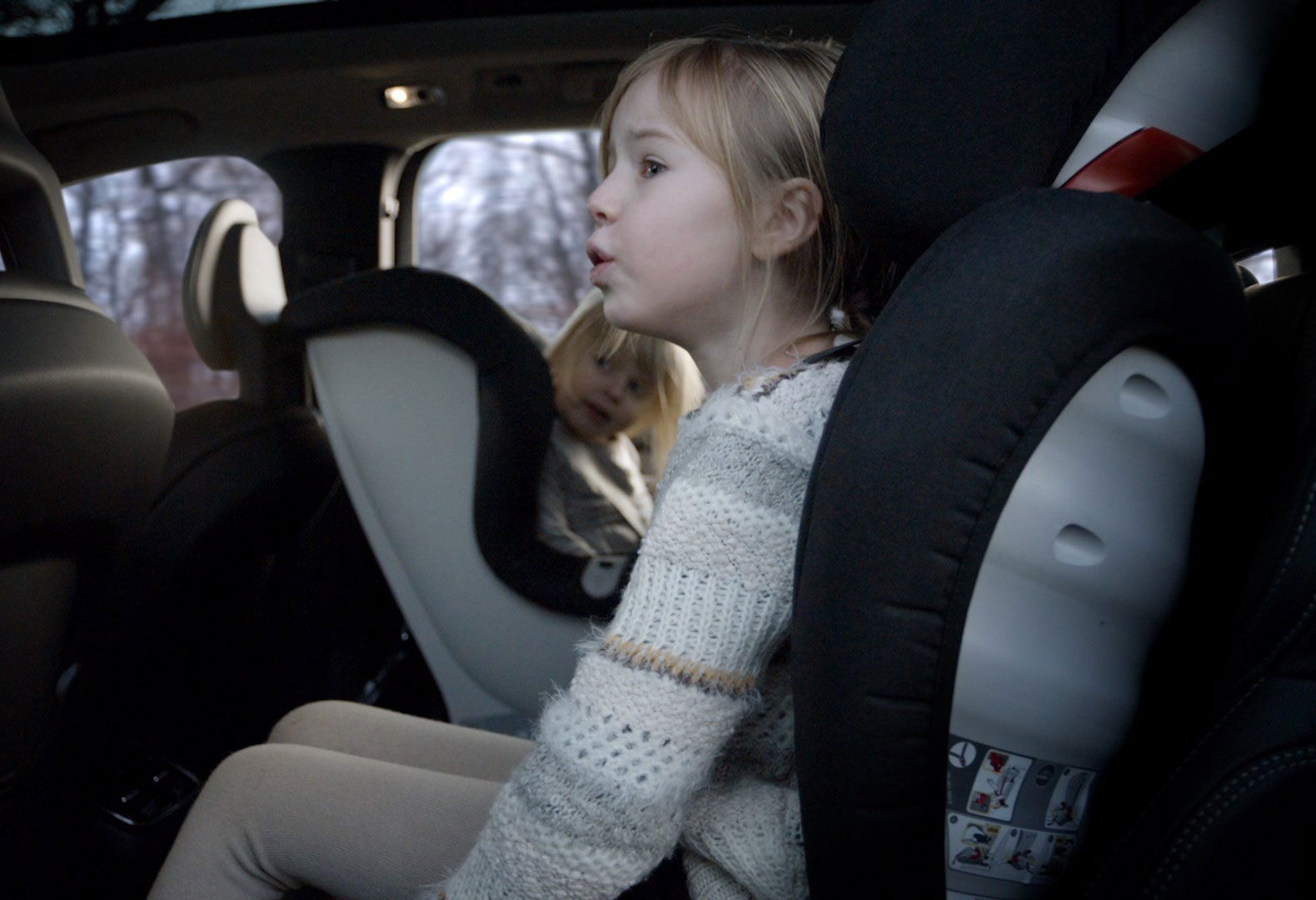
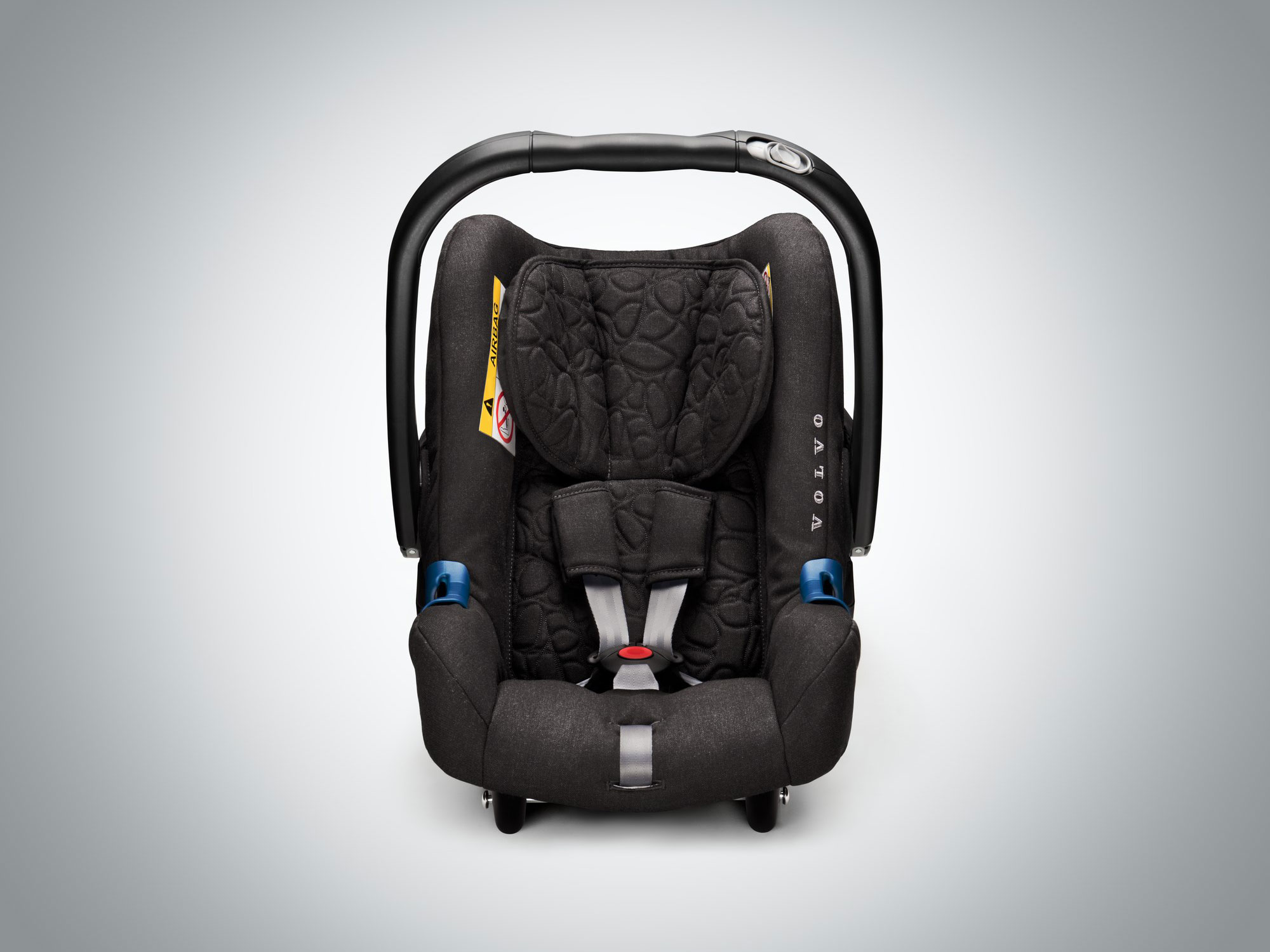
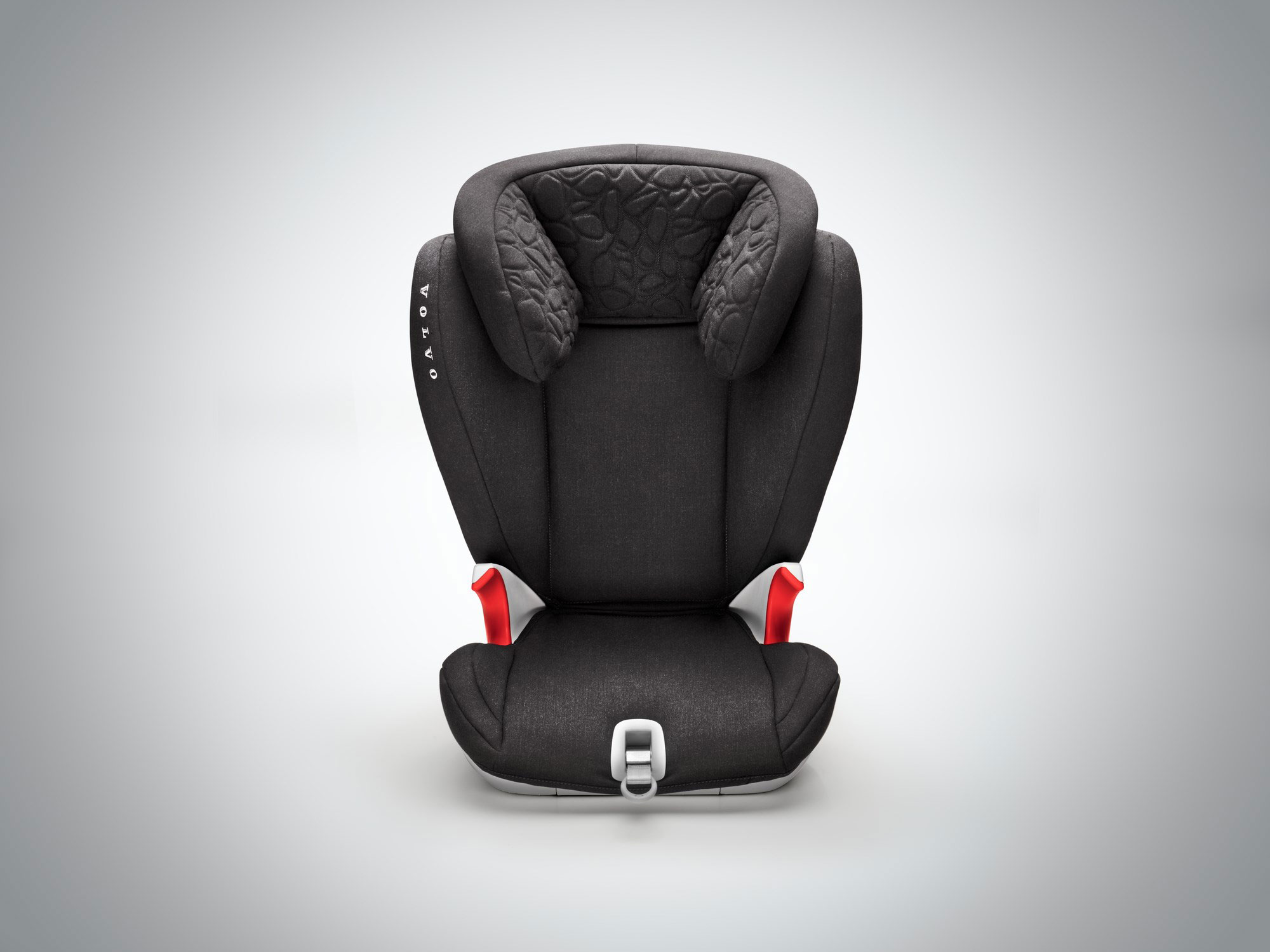
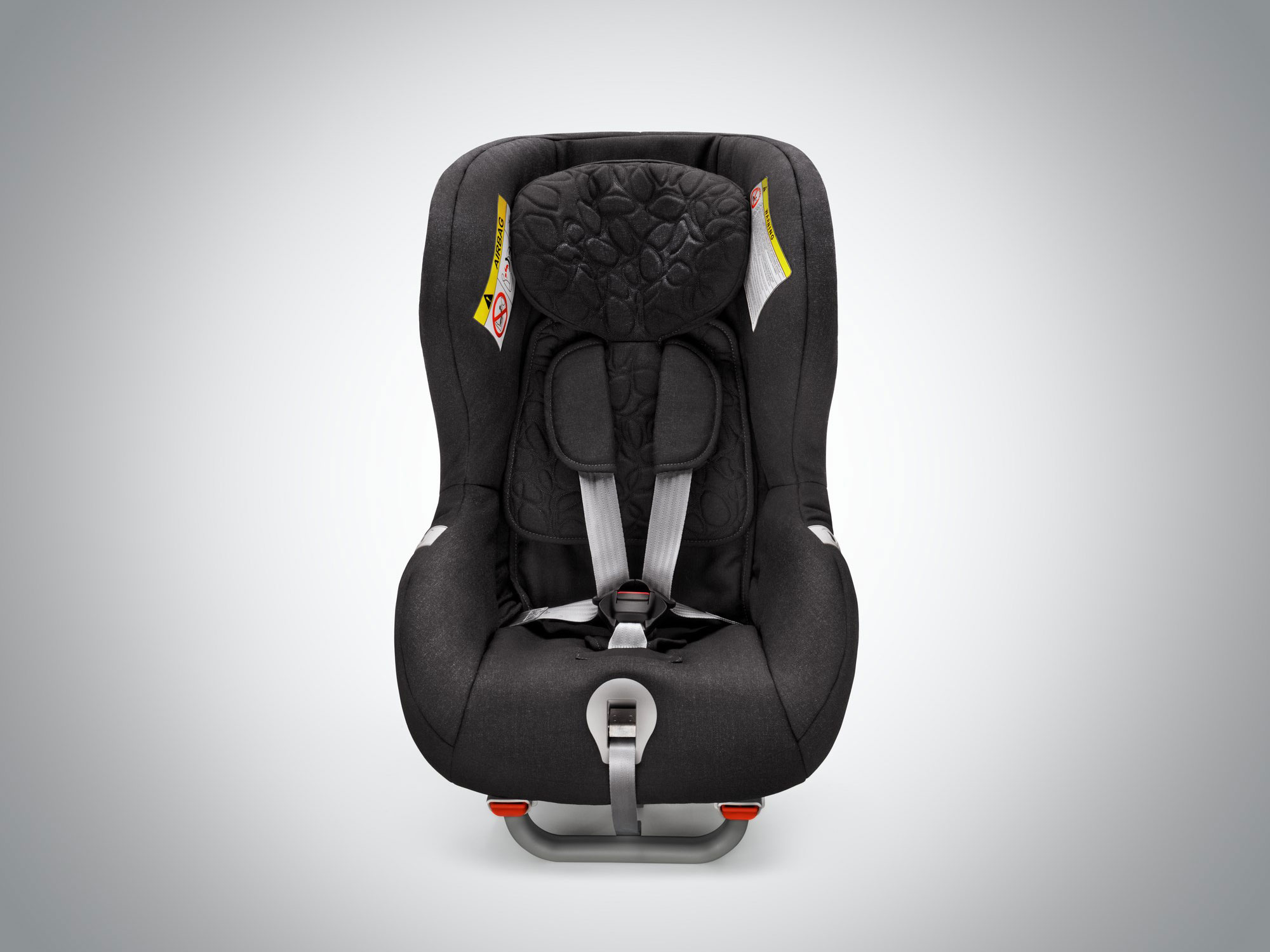
Volvo is introducing a range of three new child seats with a focus on design, comfort and convenience.
The new seats are made with a more breathable and comfortable upholstery, says Volvo, comprised of 80% wool textile which makes them smoother to the touch, highly durable, and better-performing in both hot and cold climates. The seats also have a slimmer design, aimed to increase legroom and overall comfort.
As the first car maker to actively test child seats in crash tests as far back as the early 1960s, Volvo’s heritage as a pioneer in child safety is unequalled, and it continues to focus on the importance of children travelling in rearward-facing seats as long as possible.
“We believe that children will be more comfortable in our rearward-facing new seat and that this will encourage parents to keep their children rearward-facing for longer. This will have a direct impact on overall child safety and support our Vision 2020, where no one will be killed or seriously injured in a Volvo car by the year 2020,” added Lotta Jakobsson.
The new seats are designed to suit the needs of children of different ages and sizes:
• Infant seat – rearward-facing (up to 13 kg or nine months)
• Child seat – rearward-facing for children from nine months up to six years (at least three to four years old, as recommended by Volvo)
• Booster seat – forward-facing for children that have outgrown the rearward-facing seat (from three to 10 years old)
“We understand that many people find child safety in cars a complex and sometimes confusing subject. We have focused for many years on communicating clear guidelines around how child seats should be used and the correct way to install them,” said Lotta Jakobsson, Adjunct Professor, PhD and Senior Technical Leader, Injury Prevention at Volvo Cars Safety Centre.
Teaching adults how to install and operate a child seat is one thing, getting the child to stay in the seat is another entirely – especially when the child gets older.
“Our focus is on ensuring that young children travel in the safest manner possible, depending upon their size and age. This means rearward-facing up to the age of at least three or four years, and after that with child seats or booster cushions until the child is up to 140 cm in height. The safety benefits are unquestionable, yet many parents unwittingly allow their children to sit forward-facing too early. One of the many reasons quoted for this is comfort – the child complains that there is not enough legroom, or is too warm due to the upholstery,” said Lotta Jakobsson.
The new seats, developed with one of the world’s leading child seat makers, Britax-Römer, and tested at Volvo Cars Safety Centre in Gothenburg, Sweden, will be available from the beginning of June in selected markets, including the UK.
